The Philosophy of Education is a field of applied inquiry in which the method is philosophical and the subjects of inquiry are educational. Inherent in the philosophical method is an attempt to think, speak, and write precisely and thoroughly. The philosophy of education seeks to make people more conscious of important issues in education and to help them evaluate arguments. Some philosophers of education belief that their field should have no application or subject matter beyond that described above. Analytical philosophers, for example, maintain that the task of the philosophy of education is solely to try to study and explain approaches to education and educational issues. The field does, however, include broader areas of study such as historical writings on education by important philosophers. No clear separation can be made between the philosophy of education and the history of education. Many philosophers of education argue that educational philosophy must lead to the improvement of educational decision, policies, values, and methods if it is not to be merely an intellectual exercise. The philosophy of education is particularly concerned with the relationship between educational theory ad practice-how theory is applied and tested in practice and how practice improves theory. Many philosophers of education are interested in ways in which philosophy and other fields of study can be combined to more clearly elucidate educational problems. The philosophy of education is concerned with ideas about the nature of society and impact of these ideas on education. The conservative view sees society as a structure that sustains individual life, represents traditional knowledge and values, and passes these things onto the young. The primary purpose of education from this point of view is to serve the needs of society. In agricultural and craft societies the emphasis is on imitation and apprenticeship. Children and young people learn by watching and imitating their elders, usually in informal or work settings. They often learn by the trial-and error method – a fairly effective way to pass on the accumulated skills and knowledge of a society. In industrialized countries, education is more formal and is carried on in schools. The function of the school, from a conservative viewpoint, is to produce literate, obedient, efficient, and contented workers. Such educational ideals are not generally effective in developing creativity or leading to social innovation. The Encyclopaedia of Philosophy of Education provides a systematic review of educational philosophy-related knowledge worldwide. This new and extensive international reference work contains a wealth of information on a wide range of philosophical topics organized alphabetically. Developed from the International Encyclopaedia of Education, the two volume set contains articles drawn from the parent encyclopaedia which have significantly been updated. In addition, there are many new articles dealing with important contemporary issues in this field.
Encyclopaedia of Great Thinkers on Education (In 4 Volumes)
The Encyclopaedia of Great ...
$162.00
$180.00

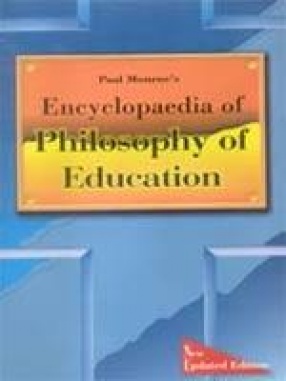
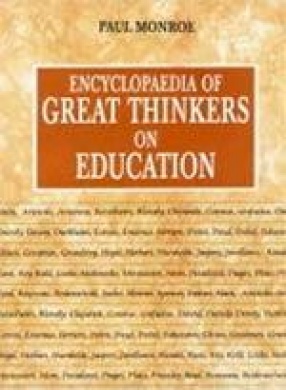
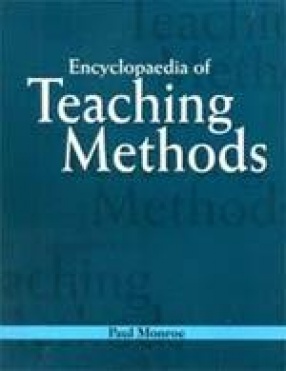
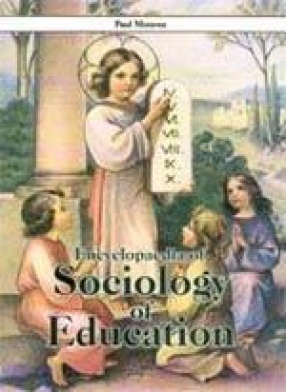
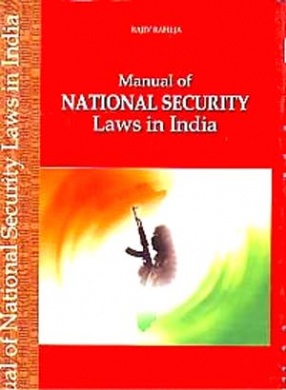
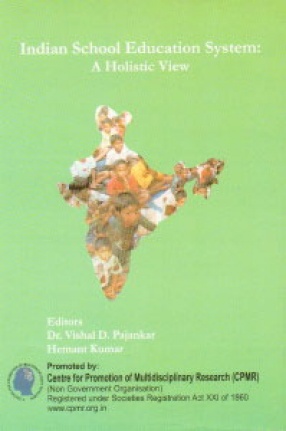

There are no reviews yet.